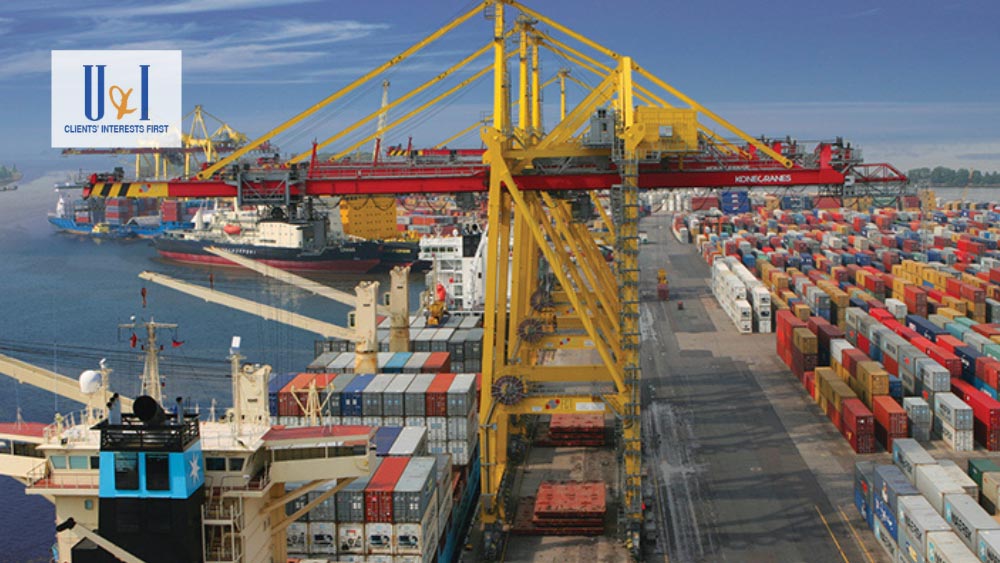
17/10/2022
U&I Logistics - Russian freight forwarders that have started liner services to China are looking to buy ships from Chinese owners, as the country remains friendly to Russia.
After international sanctions were imposed on Russia, following its invasion of Ukraine in February, many mainline operators suspended services to the country. In response, Russian forwarders, such as Transit, Swift Line and Inteco Lines, launched their own shipping services to China in the summer.
One broker told The Loadstar: “Only Chinese shipowners will agree to transact with the Russians. Those from other countries, particularly in Europe, are too afraid of running foul of sanctions. The main challenge, though, is receiving funds from Russian banks.”
The broker explained that even while freight rates were falling across many major routes, Russia-China/Asia cargo volumes and rates had held. And as the forwarders were making money, they wanted to buy ships to minimize their charter costs.
A second broker told The Loadstar Russian liner operator Sakhalin Shipping, also known as Sasco, was also interested in buying ships. He said: “We could look for ways to help them remit funds to the owners, but as we’re a European company, our management is cautious about Russian business. The Chinese owners are receptive to being paid in yuan or rubles.”

US and European banks have cut Russia from the global financial system to prevent anyone making or receiving payments to and from Russian parties. Lawyer Siiri Duddington, a partner with Hill Dickinson, told The Loadstar whether ship sales to Russian parties had breached sanctions would depend on the goods transported, irrespective of the currency used. And paying in currencies other than US dollars alone is insufficient to claim compliance with sanctions, added Ms Duddington.
She added: “These prohibitions will need to be considered on a case by case basis, as different sanctions regimes have imposed different prohibitions.
“The same applies for containerships, which often carry consumer goods and semi-finished products. Unlike the prohibitions imposed by the US, EU and UK on Russian oil (albeit with certain exceptions), it can be difficult to assess whether any prohibition would apply to containerised cargo, because it will depend on what goods are carried, which is not always readily ascertainable”.
Source: The Loadstar
U&I Logistics